The Overland Campaign, 4 May-15 June 1864 [Illustrated Edition]
Nonfiction, History, Modern, 19th Century, Americas, United States, Civil War Period (1850-1877), Military| Author: | David W. Hogan Jr. | ISBN: | 9781786254368 |
| Publisher: | Golden Springs Publishing | Publication: | November 6, 2015 |
| Imprint: | Golden Springs Publishing | Language: | English |
| Author: | David W. Hogan Jr. |
| ISBN: | 9781786254368 |
| Publisher: | Golden Springs Publishing |
| Publication: | November 6, 2015 |
| Imprint: | Golden Springs Publishing |
| Language: | English |
Includes 8 maps and numerous other illustrations
One hundred and fifty years ago this spring, Lt. Gen. Ulysses S. Grant launched the campaign that marked the beginning of the end of the American Civil War. For over a month, he and General Robert E. Lee were locked in a remorseless struggle that took their armies across the woodlands and farm clearings of central Virginia on the road to the Southern capital of Richmond.
In the Wilderness, Union and Confederate soldiers battled in an almost trackless forest in which the opposing sides could hardly see each other and the severely wounded fell victim to spreading flames from underbrush set afire. At Spotsylvania’s Bloody Angle, for over twenty hours, opposing troops grappled from opposite sides of a breastwork in a pouring rain in some of the fiercest hand-to–hand fighting of the entire war. At Cold Harbor, perhaps 5,000 Federal troops fell in the first hour of a hopeless, bungled attack that Grant would forever regret having ordered. And at Yellow Tavern, Union horsemen cut down the great Confederate cavalry leader, Maj. Gen. James E. B. “Jeb” Stuart.
The myth of chivalry that Stuart represented could find no room in a grim, pitiless contest that inflicted almost 100,000 casualties, went far toward ruining two great American armies, and foreshadowed the massive industrial conflicts of the twentieth century. Yet, after six weeks of bitter, unrelenting combat, the nation was that much closer to Appomattox Court House and eventual reunion.
Includes 8 maps and numerous other illustrations
One hundred and fifty years ago this spring, Lt. Gen. Ulysses S. Grant launched the campaign that marked the beginning of the end of the American Civil War. For over a month, he and General Robert E. Lee were locked in a remorseless struggle that took their armies across the woodlands and farm clearings of central Virginia on the road to the Southern capital of Richmond.
In the Wilderness, Union and Confederate soldiers battled in an almost trackless forest in which the opposing sides could hardly see each other and the severely wounded fell victim to spreading flames from underbrush set afire. At Spotsylvania’s Bloody Angle, for over twenty hours, opposing troops grappled from opposite sides of a breastwork in a pouring rain in some of the fiercest hand-to–hand fighting of the entire war. At Cold Harbor, perhaps 5,000 Federal troops fell in the first hour of a hopeless, bungled attack that Grant would forever regret having ordered. And at Yellow Tavern, Union horsemen cut down the great Confederate cavalry leader, Maj. Gen. James E. B. “Jeb” Stuart.
The myth of chivalry that Stuart represented could find no room in a grim, pitiless contest that inflicted almost 100,000 casualties, went far toward ruining two great American armies, and foreshadowed the massive industrial conflicts of the twentieth century. Yet, after six weeks of bitter, unrelenting combat, the nation was that much closer to Appomattox Court House and eventual reunion.
![Cover of the book The Overland Campaign, 4 May-15 June 1864 [Illustrated Edition] by David W. Hogan Jr., Golden Springs Publishing](https://www.kuoky.com/images/2015/november/500x500/9781786254368-twUA_500x.jpg)


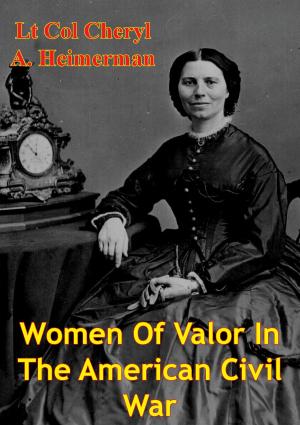
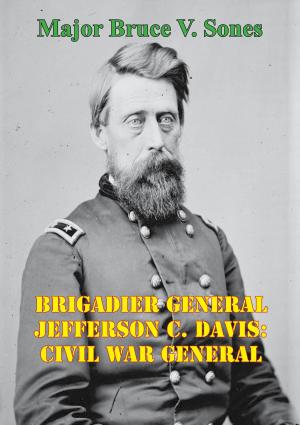
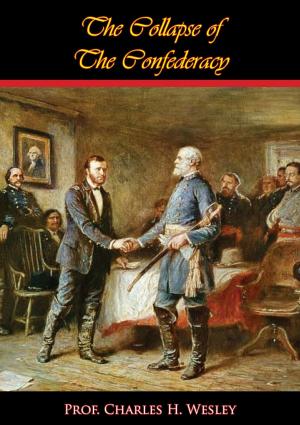
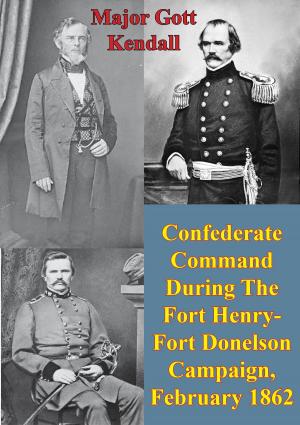
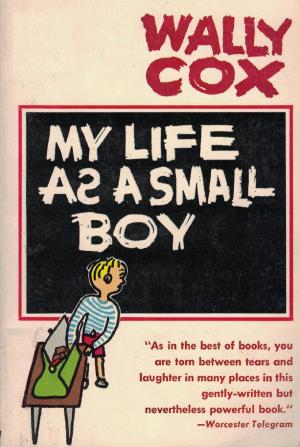
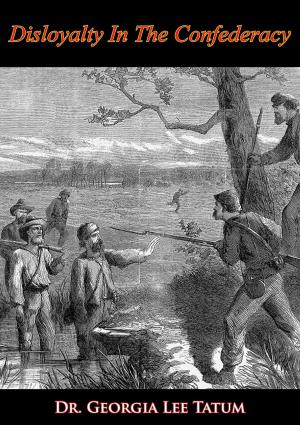
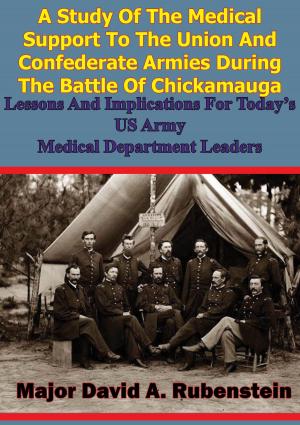
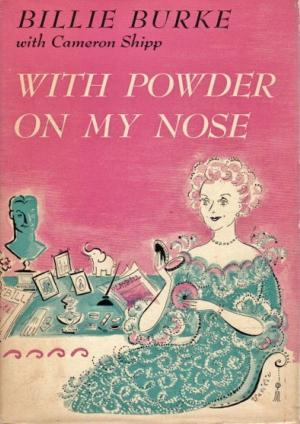

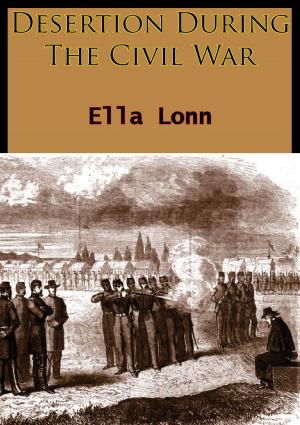


![Cover of the book Rails To Oblivion: The Decline Of Confederate Railroads In The Civil War [Illustrated Edition] by David W. Hogan Jr.](https://www.kuoky.com/images/2014/august/300x300/9781782895701-yNx1_300x.jpg)